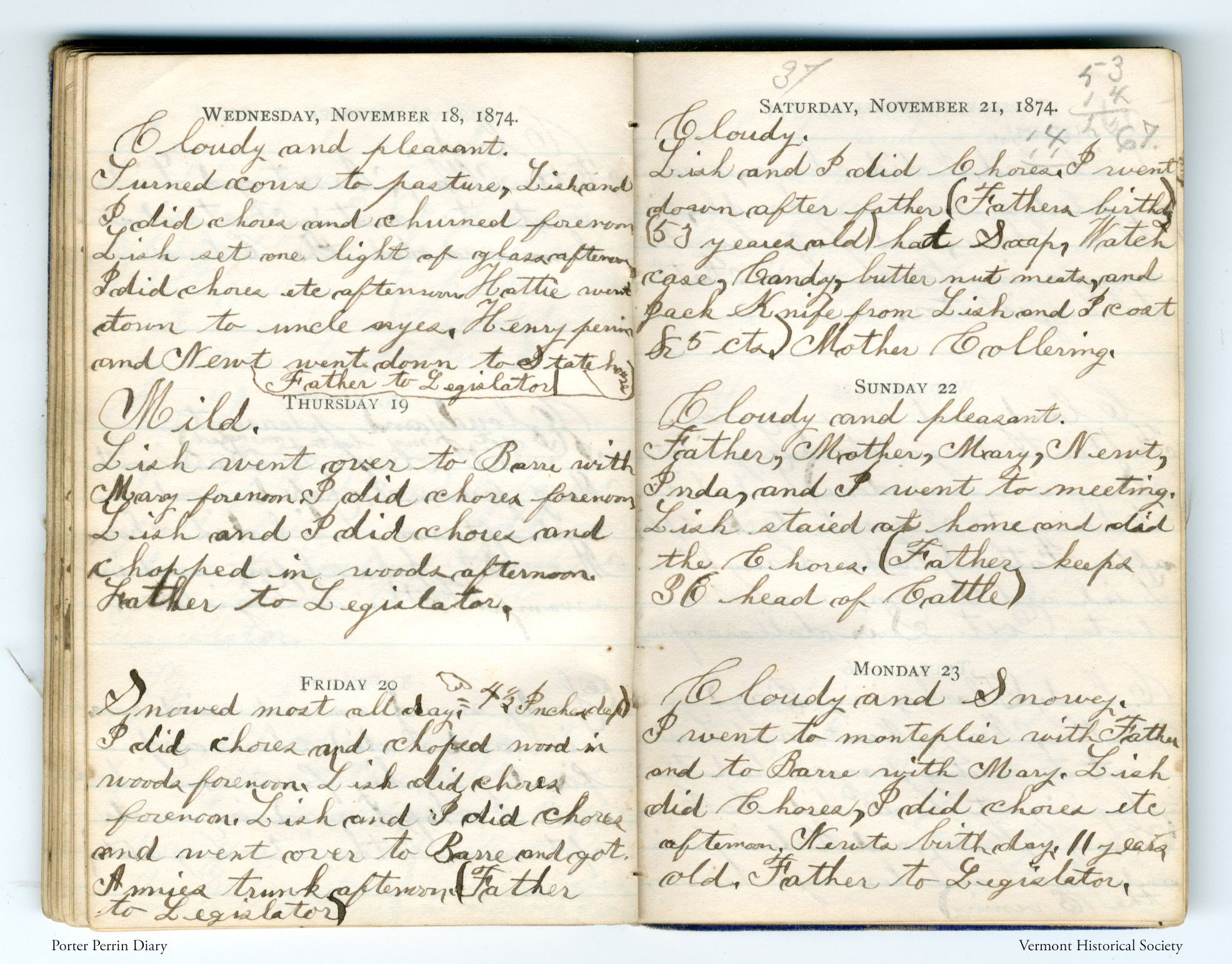The Most Costly Journey & Primary Sources of Vermont’s Food System: Educator Workshop in Barre
1962 Vermont Life Magazine Cover, part of Vermont Folklife learning activity “Exploring Counter Narratives in Vermont Agricultural Life.”
Multiple Perspectives and Counter Narratives in Vermont’s Food System: A workshop for K-12 educators and partners was an inspiring occasion that brought together educators and community partners to discuss learning strategies that focus on creating a more just and sustainable food system. Hosted at the Vermont History Center in Barre on January 19, 2023, Vermont Folklife and partners Shelburne Farms and Vermont Historical Society presented several approaches to link together local community life and foodways critical to Vermont’s present and future. Vermont Folklife focused on oral history interviews and ethnographic inquiry as one pathway to showcase multiple perspectives and complex narratives of the state’s agricultural life over the last forty years.
Maple Syrup Resources and Activities, part of Harvest of the Month
The program’s vision was unified by Vermont Reads 2022 book of the year The Most Costly Journey. Dr. Teresa Mares, one of the book’s co-authors and anthropologist who studies food systems in Vermont (see Life on the Border, 2019), opened the workshop and presented key issues that impact Latin American farm laborers in Vermont, particularly as it affects the dairy industry. This presentation offered important grounding knowledge on a topic that can often be difficult to introduce and engage with in K-12 classrooms.
The four hour workshop also featured three simultaneous sessions from the program partners. Vermont Folklife led a session that introduced the topic of dominant and counter narratives of local agricultural life. Clips of oral history audio recordings from Vermont Folklife’s Archive were presented as a learning activity that offers students multiple perspectives on local agricultural work. Hearing directly from individuals with a broad range of experiences presents an effective way to challenge or complicate larger central narratives about “the farm in Vermont.” Educators came away with additional resources for integrating archival sound and folklife collections that focus on farming and foodways.
Educators offered parting thoughts and a desire to move these ideas and discussions forward in their classrooms. Future plans include convening a community of practice in order to share how they have introduced and explored these topics in their classrooms. A big thank you to Vermont Humanities who supplied copies of The Most Costly Journey for all the educators and to the Vermont Historical Society for hosting this wonderful event.
Diary of Porter Perrin, Vermont Historical Society
VT Folklife is piloting primary source sets and learning activities in classrooms this spring, part of a project funded by the Library of Congress’ Teaching with Primary Sources. We will also be organizing a professional learning workshop Learning with Vermont’s Folklife Archives: Focus on Farming & Foodways (June 29, 2023)--Registration now open.
Get in touch to learn more and get involved: education@vtfolklife.org



